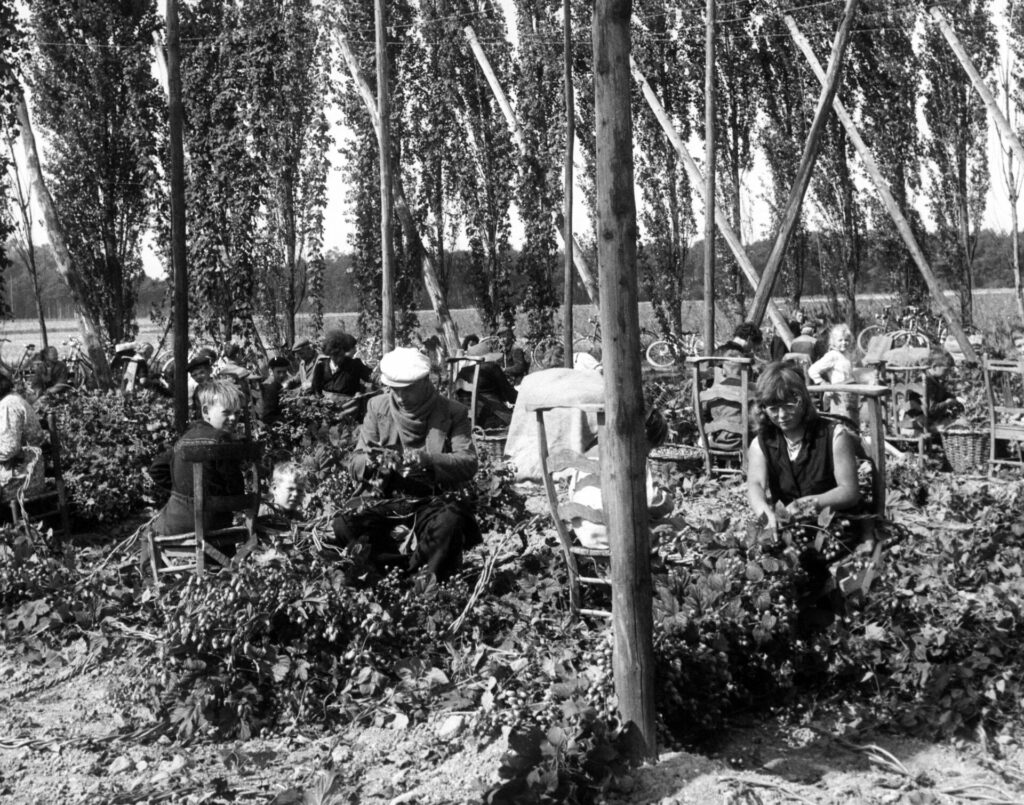Of the many casualties of global warming, few might have thought beer would be at risk. But in a recent study, scientists have found that the rising temperatures impact the quality and taste of beer, and could drive prices even higher.
This is largely down to a reduction of alpha acids in hops, one of the primary ingredients responsible for beer's characteristic bitterness. Sophisticated models simulated the effects of global warming on hop yields in three major producing countries: Germany, the Czech Republic, and Slovenia.
Assuming a 1.4 °C temperature increase by 2050 and a decrease of approximately 24 millimetres in precipitation, they compared these projections with historical and current data. Their findings were alarming. Hops were found to ripen faster, commencing the ripening process nearly 20 days earlier than before.
Already a decline in yields was measured between 1970 and 1994. Moreover, the concentration of alpha acid, the compound responsible for the bitterness of beer, decreased by 0.6%. The researchers attributed this to the prolonged, scorching, and arid summer conditions brought about by climate change.

Hop harvest in Belgium in September 1959. Credit: Belga
Projecting these trends forward to 2050, the future of beer production looks bleak. Yields are expected to shrink by an additional 4% – 18% while the alpha acid content could plummet by as much as 20% – 31%.
The study concludes that global warming will unavoidably threaten the taste and production of beer and researchers urge the brewing industry to put in place adaptation measures to prepare for the inevitable challenges.
The study's co-author and a researcher at the University of Cambridge told VRT News: "If we don't adapt, growing hops will no longer be viable in certain regions. This will lead to reduced production and higher prices for brewers." Already, the price of beer has seen significant hikes in recent years.
What about Belgium's beer reputation?
The Belgian beer industry has faced a three-year decline in exports, these findings present yet another challenge. Although beer consumption within Belgium has risen by 7.5%, nearing pre-pandemic levels, the export market continues to shrink. Belgian beer production is rebounding, almost reaching the 2019 levels, offering a glimmer of hope after a prolonged period of decline.
Belgium continues to be a major beer producer, with 70% of the beer it produces being exported. However, the export sector faces challenges of its own, with a consistent 5.5% decline, marking the third consecutive year of decreasing exports. This can be partly attributed to the increased production of Belgian favourites like Stella Artois within the United States.
Despite the challenges, the Belgian beer industry boasts resilience, with the birth of 32 new breweries in 2022, bringing the total number to 430. Together, they offer an impressive array of 1,600 different beers, illustrating the enduring creativity and vitality of this beloved beverage industry.

